2012- Cattle ranching is a $100 million industry in the Cariboo-Chilcotin with over 20 percent of the province’s cattle herd in the region. With such a large percentage of BC’s total herd, it is sometimes difficult for ranchers to sustain an adequate amount of locally grown feed for their livestock, especially during winter months. Optimizing winter feed capacity would reduce operational costs and increase profitability for livestock producers in the region. As net importers of forage, cattle ranchers in the Cariboo-Chilcotin have sought new methods for supporting the livestock industry throughout the region.
This project, led by the BC Forage Council, is aimed at decreasing rancher dependence on imported cattle feed in the British Columbia’s interior regions. Higher elevations and dry conditions have meant ranchers in the interior haven’t produced the results they require from conventional forage crops. With partnered funding assistance from Northern Development, four test plots were seeded with a variety of test species in 2009 that were harvested in 2010 and 2011. Measuring the yields of the test varieties will give area ranchers an idea of how each will perform in conditions similar to those on their farms. The four locations where these varietals have been trailed in the Cariboo-Chilcotin include Williams Lake, Miocene Ranch, Soda Creek, and the Chilako River basin.


